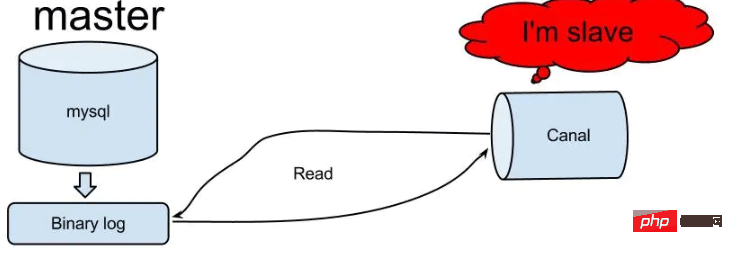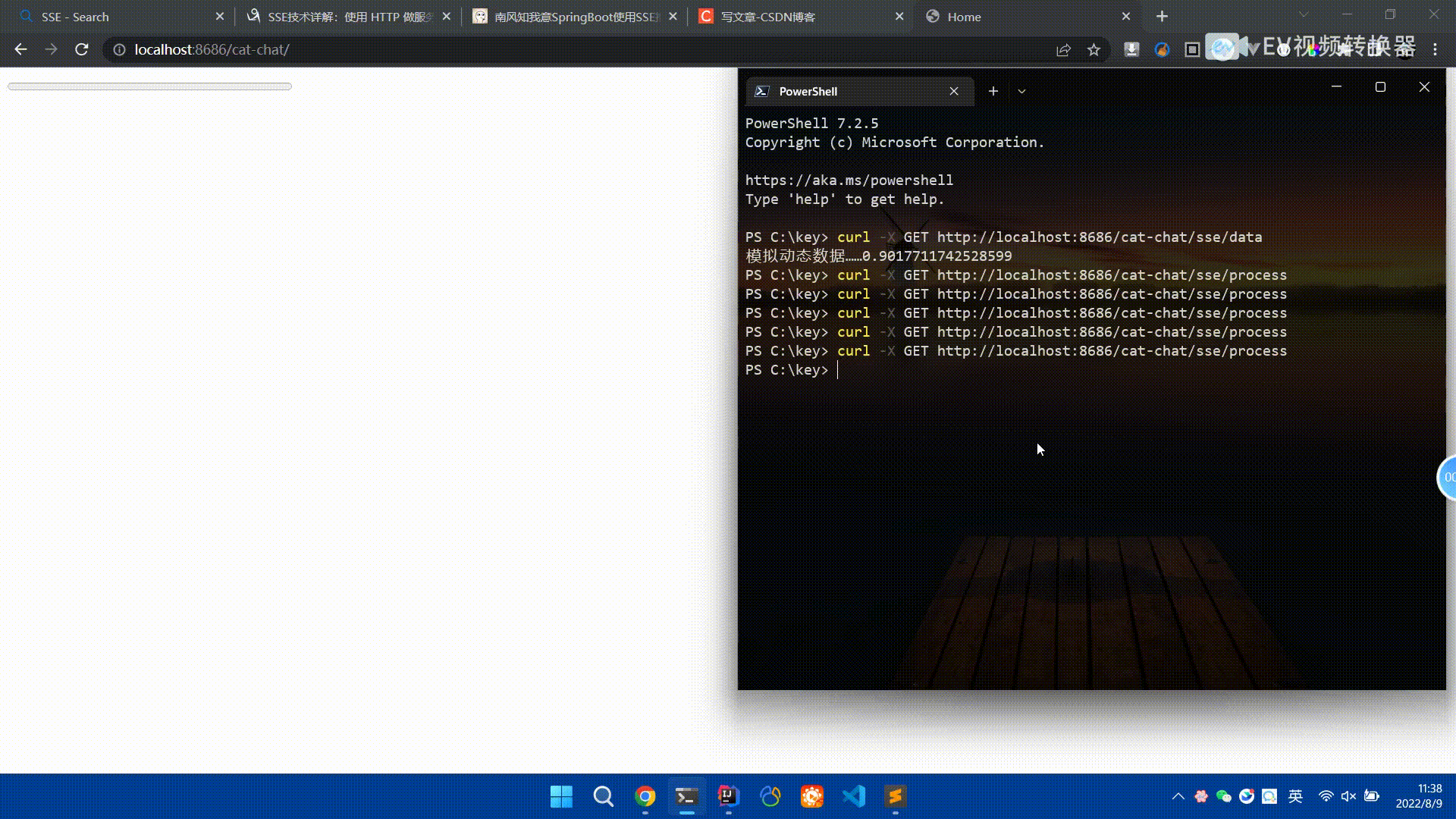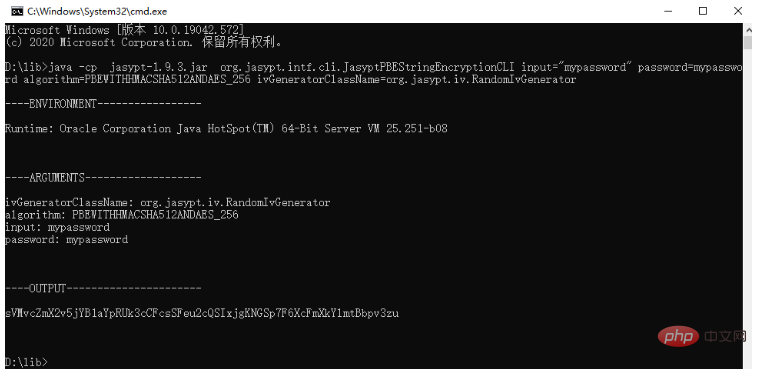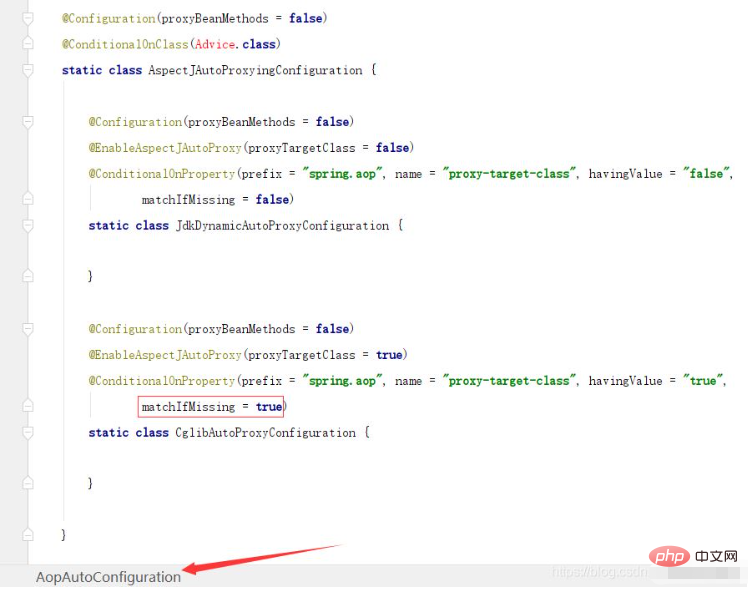The content of this article is about the configuration of Springboot's zookeeper cluster. It has certain reference value. Friends in need can refer to it. I hope it will be helpful to you.
Host system environment preparation
Jdk1.7, window system (using window10 window7), or linux system (this test uses centos7)
Step 1: Host name To ip address mapping configuration
There are two key roles in the zookeeper cluster: leader and follower.
All nodes in the cluster provide services for distributed applications as a whole. Each node in the cluster is connected to each other. Therefore, when configuring the zookeeper cluster, the host of each node The mapping to the IP address must be configured with the mapping information of other nodes in the cluster.
For example, the configuration of each node in my zookeeper cluster, taking master as an example, the content of /etc/hosts is as follows:
192.168.0.253 master (virtual machine linux system)
192.168.0.219 follow-1 (my physical machine window system)
192.168.0.133 follow-2 (Yujie physical machine window system)
Step 2: Configuration Firewall port (between hosts)
window The system closes the firewall or opens the corresponding port. The ports used in this system are 2181, 2888, 3888
Linux system uses systemctl iptables.service stop Stop the firewall (commands vary in different Linux versions)
l In this test, since the centos7 firewall cannot access the network after it is closed, it is necessary to enable the firewall and configure open ports
Configuration method:
1. Find the iptables file corresponding to the firewall. The path under centos is: /etc/sysconfig/iptables
2. Add
-A INPUT -p tcp -m state--state NEW -m tcp --dport 80 -j ACCEPT (port number)
-A INPUT -p tcp -m state--state NEW -m tcp --dport 2000:4000 -j ACCEPT (port number range)
Step 3: Host Inter-connecting test
## Use to use the ping command to do connecting test Follow-1 Follow-2 Master## This possible problem. Check the following steps
Step 4: Add dubbo configuration
1. Pom file dependency<dependency>
<groupId>org.springframework.boot</groupId>
<artifactId>spring-boot-starter-dubbo</artifactId>
<version>1.3.1.RELEASE</version>
<exclusions>
<exclusion>
<groupId>com.alibaba</groupId>
<artifactId>dubbo</artifactId>
</exclusion>
</exclusions>
</dependency>
1. Yaml configuration dubbo parameters
-------privoder provider----- --#spring:
dubbo: registry:
address:
192.168.0.129:2181,192.168.0.165:2181,192.168.0.133: 2181 number port:
20882
monitor: protocol: registry
provider:
timeout: 120000
threadpool: fixed
threads: 100
accepts:
1000
------customer Consumer----- --
#spring:
dubbo:
application: name: atme-crm-service
registry: address: 192.168.0.129:2181,192.168.0.165:2181,192.168.0.253:2181
protocol: zookeeper
protocol : name: dubbo
prot: 20886
threads:
1000
heartbeat: 100000
host: 192.168.0.165
monitor:
protocol: registry
##2.
Start project introduction dubbo configuration
@ImportResource({"classpath:config/dubbo.xml"
})
Finally: the pitfalls encountered
1. Whether the /conf/zoo.cfg dataDir and dataDirLog file paths exist. If they do not exist, please create them manually.
2. Check whether the myid file is created under the dataDir path and whether the server is stored in the file. The number of x in File
Related recommendations:
Installing Zookeeper cluster on CentOS 7About the version of Pacemaker cluster configuration_PHP Tutorial
The above is the detailed content of Configuration of Springboot's zookeeper cluster. For more information, please follow other related articles on the PHP Chinese website!
 怎么使用SpringBoot+Canal实现数据库实时监控May 10, 2023 pm 06:25 PM
怎么使用SpringBoot+Canal实现数据库实时监控May 10, 2023 pm 06:25 PMCanal工作原理Canal模拟MySQLslave的交互协议,伪装自己为MySQLslave,向MySQLmaster发送dump协议MySQLmaster收到dump请求,开始推送binarylog给slave(也就是Canal)Canal解析binarylog对象(原始为byte流)MySQL打开binlog模式在MySQL配置文件my.cnf设置如下信息:[mysqld]#打开binloglog-bin=mysql-bin#选择ROW(行)模式binlog-format=ROW#配置My
 Spring Boot怎么使用SSE方式向前端推送数据May 10, 2023 pm 05:31 PM
Spring Boot怎么使用SSE方式向前端推送数据May 10, 2023 pm 05:31 PM前言SSE简单的来说就是服务器主动向前端推送数据的一种技术,它是单向的,也就是说前端是不能向服务器发送数据的。SSE适用于消息推送,监控等只需要服务器推送数据的场景中,下面是使用SpringBoot来实现一个简单的模拟向前端推动进度数据,前端页面接受后展示进度条。服务端在SpringBoot中使用时需要注意,最好使用SpringWeb提供的SseEmitter这个类来进行操作,我在刚开始时使用网上说的将Content-Type设置为text-stream这种方式发现每次前端每次都会重新创建接。最
 SpringBoot怎么实现二维码扫码登录May 10, 2023 pm 08:25 PM
SpringBoot怎么实现二维码扫码登录May 10, 2023 pm 08:25 PM一、手机扫二维码登录的原理二维码扫码登录是一种基于OAuth3.0协议的授权登录方式。在这种方式下,应用程序不需要获取用户的用户名和密码,只需要获取用户的授权即可。二维码扫码登录主要有以下几个步骤:应用程序生成一个二维码,并将该二维码展示给用户。用户使用扫码工具扫描该二维码,并在授权页面中授权。用户授权后,应用程序会获取一个授权码。应用程序使用该授权码向授权服务器请求访问令牌。授权服务器返回一个访问令牌给应用程序。应用程序使用该访问令牌访问资源服务器。通过以上步骤,二维码扫码登录可以实现用户的快
 spring boot怎么对敏感信息进行加解密May 10, 2023 pm 02:46 PM
spring boot怎么对敏感信息进行加解密May 10, 2023 pm 02:46 PM我们使用jasypt最新版本对敏感信息进行加解密。1.在项目pom文件中加入如下依赖:com.github.ulisesbocchiojasypt-spring-boot-starter3.0.32.创建加解密公用类:packagecom.myproject.common.utils;importorg.jasypt.encryption.pbe.PooledPBEStringEncryptor;importorg.jasypt.encryption.pbe.config.SimpleStrin
 SpringBoot/Spring AOP默认动态代理方式是什么May 10, 2023 pm 03:52 PM
SpringBoot/Spring AOP默认动态代理方式是什么May 10, 2023 pm 03:52 PM1.springboot2.x及以上版本在SpringBoot2.xAOP中会默认使用Cglib来实现,但是Spring5中默认还是使用jdk动态代理。SpringAOP默认使用JDK动态代理,如果对象没有实现接口,则使用CGLIB代理。当然,也可以强制使用CGLIB代理。在SpringBoot中,通过AopAutoConfiguration来自动装配AOP.2.Springboot1.xSpringboot1.xAOP默认还是使用JDK动态代理的3.SpringBoot2.x为何默认使用Cgl
 使用Java SpringBoot集成POI实现Word文档导出Apr 21, 2023 pm 12:19 PM
使用Java SpringBoot集成POI实现Word文档导出Apr 21, 2023 pm 12:19 PM知识准备需要理解ApachePOI遵循的标准(OfficeOpenXML(OOXML)标准和微软的OLE2复合文档格式(OLE2)),这将对应着API的依赖包。什么是POIApachePOI是用Java编写的免费开源的跨平台的JavaAPI,ApachePOI提供API给Java程序对MicrosoftOffice格式档案读和写的功能。POI为“PoorObfuscationImplementation”的首字母缩写,意为“简洁版的模糊实现”。ApachePOI是创建和维护操作各种符合Offic
 springboot怎么整合shiro实现多验证登录功能May 10, 2023 pm 04:19 PM
springboot怎么整合shiro实现多验证登录功能May 10, 2023 pm 04:19 PM1.首先新建一个shiroConfigshiro的配置类,代码如下:@ConfigurationpublicclassSpringShiroConfig{/***@paramrealms这儿使用接口集合是为了实现多验证登录时使用的*@return*/@BeanpublicSecurityManagersecurityManager(Collectionrealms){DefaultWebSecurityManagersManager=newDefaultWebSecurityManager();
 Springboot如何实现视频上传及压缩功能May 10, 2023 pm 05:16 PM
Springboot如何实现视频上传及压缩功能May 10, 2023 pm 05:16 PM一、定义视频上传请求接口publicAjaxResultvideoUploadFile(MultipartFilefile){try{if(null==file||file.isEmpty()){returnAjaxResult.error("文件为空");}StringossFilePrefix=StringUtils.genUUID();StringfileName=ossFilePrefix+"-"+file.getOriginalFilename(


Hot AI Tools

Undresser.AI Undress
AI-powered app for creating realistic nude photos

AI Clothes Remover
Online AI tool for removing clothes from photos.

Undress AI Tool
Undress images for free

Clothoff.io
AI clothes remover

AI Hentai Generator
Generate AI Hentai for free.

Hot Article

Hot Tools

ZendStudio 13.5.1 Mac
Powerful PHP integrated development environment

SAP NetWeaver Server Adapter for Eclipse
Integrate Eclipse with SAP NetWeaver application server.

EditPlus Chinese cracked version
Small size, syntax highlighting, does not support code prompt function

DVWA
Damn Vulnerable Web App (DVWA) is a PHP/MySQL web application that is very vulnerable. Its main goals are to be an aid for security professionals to test their skills and tools in a legal environment, to help web developers better understand the process of securing web applications, and to help teachers/students teach/learn in a classroom environment Web application security. The goal of DVWA is to practice some of the most common web vulnerabilities through a simple and straightforward interface, with varying degrees of difficulty. Please note that this software

Atom editor mac version download
The most popular open source editor







